Is internet access a human right? Let’s discuss.
In today's world, access to the internet is becoming increasingly important. With the digital divide widening between those who have access and those who don’t, it is time to ask ourselves a serious question — is internet access a human right?
The digital divide is particularly stark in Uganda and other parts of sub-Saharan Africa. In rural areas, poverty has caused a digital poverty that has left many people without any access to the internet. This has had a huge impact on education and other opportunities for these communities. It is time to consider whether internet access should be seen as a basic human right in order to bridge this digital divide and help alleviate poverty in these areas. During today’s meeting, let’s explore how providing internet access could help improve lives in Uganda and other parts of sub-Saharan Africa.
Why did Uganda’s President cut-off internet access during an election?
Uganda is the latest country to join the list of African nations that are cutting off internet access during elections. This decision has raised concerns over digital divide in Uganda and other sub-Saharan African countries.
The digital divide between rural and urban areas is a major concern in Uganda and other sub-Saharan African countries, as many people living in rural areas lack access to basic internet services. This digital poverty is further exacerbated by the lack of education and resources available in those areas.
The decision to cut off internet access during the elections has been seen by some as a way to limit democratic participation, especially among those living in rural areas who are already struggling with digital poverty. It remains to be seen what impact this will have on Uganda's democracy and whether it will lead to more equitable access to information for all citizens.
What is Far Away Friends doing about this issue?
Far Away Friends believes that every child deserves access to the tools they need to achieve their biggest dreams, no matter how far they live. Familiarity with technology, particularly computer literacy, are essential skills in 2023 that children from places like rural Amolatar, Uganda do not have the opportunity to gain these skills.
Through a new partnership with the organization Team4Tech, Far Away Friends will equip students, teachers, and community members with basic digital literacy skills by developing a digital learning lab and tech resource center at Global Leaders Primary School (GLP) in late 2023! This resource center, equipped with laptop computers, a projector, and commercial printers, will be accessible to the entire student body at GLP (500 students) and teaching staff (30).
Discussion Questions:
Do you think technology and access to internet is a human right? Why or why not?
How can we raise awareness about the issue of digital poverty?
How would access to education change for students at your Sister School if they had internet access?
